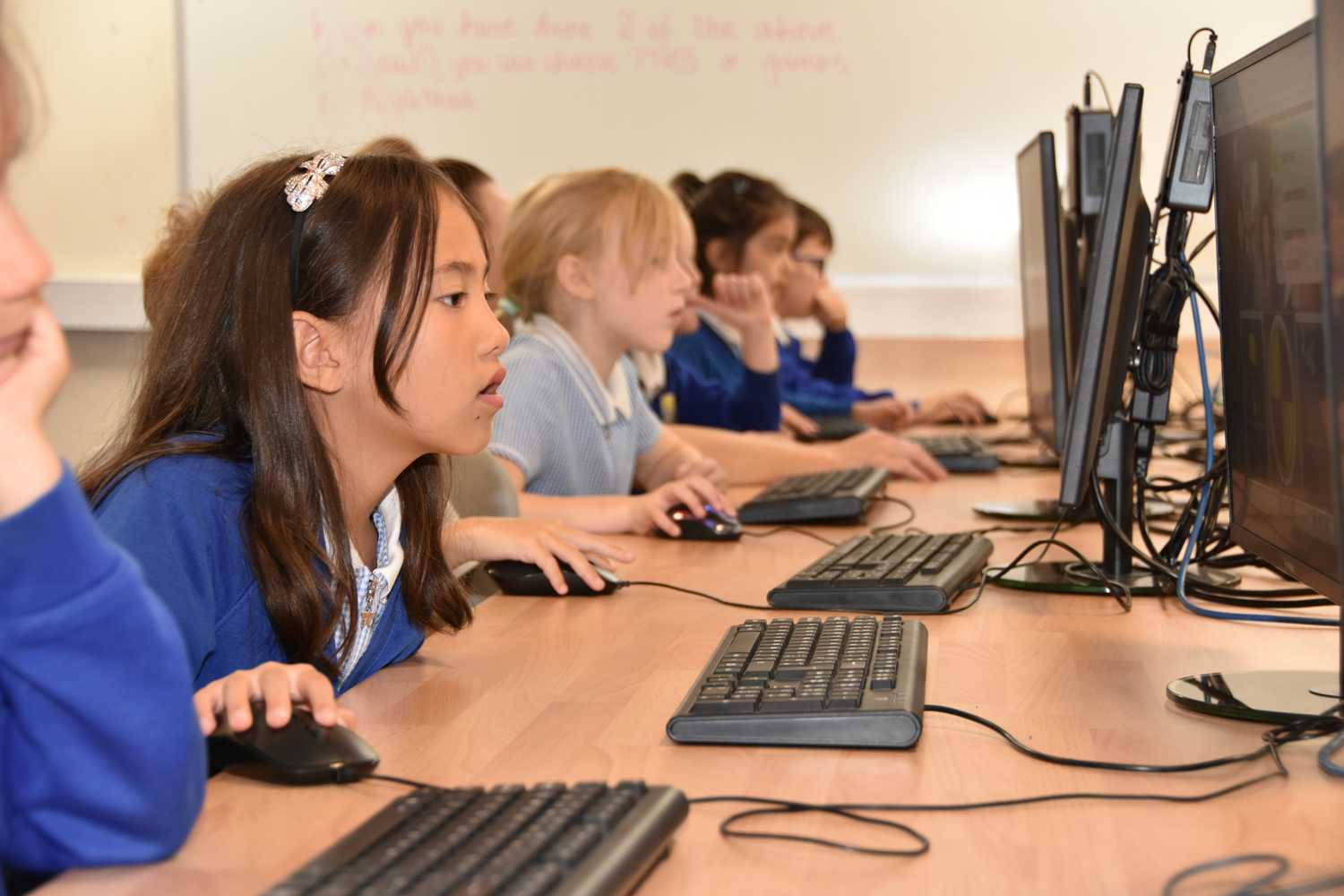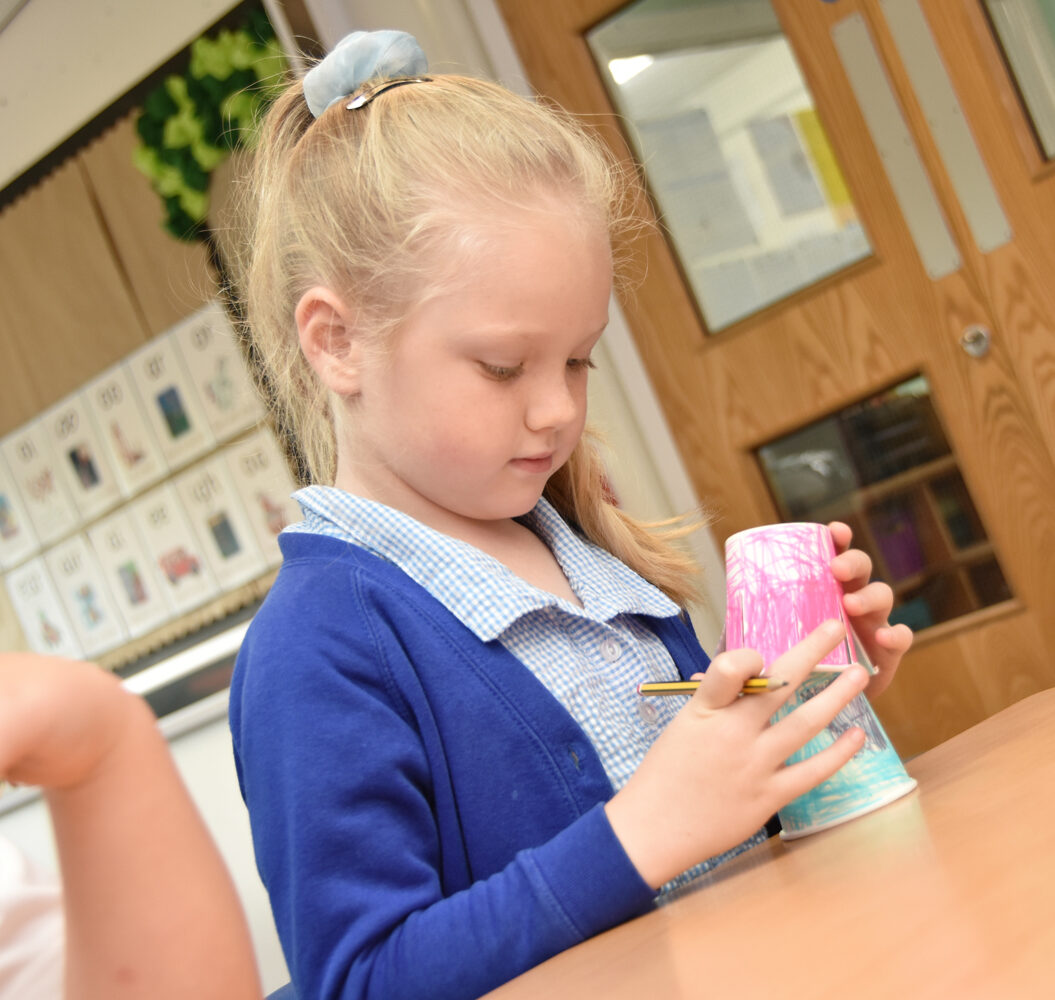

Online Safety
SMART Online Safety Rules for Primary Pupils
At Cledford Primary & Nursery Academy, we teach children to stay safe online by following these SMART rules:
- S – Safe: Keep personal information private, like your name, address, phone number, or passwords.
- M – Meet: Never meet up with someone you only know online. Always check with a parent or carer first.
- A – Accepting: Don’t open emails, messages, or files from people you don’t know — they could be unsafe.
- R – Reliable: Not everything online is true. People can pretend to be someone they’re not — always check with a trusted adult.
- T – Tell: Tell your parent, carer or trusted adult if something makes you feel uncomfortable.
Children love using technology and are learning to navigate websites, online games and consoles and touch screen technology like iPads and smartphones from a younger and younger age. This advice contains top tips for parents and carers for keeping young children safe online.
Child Exploitation & Online Protection (CEOP): A police agency tackling child abuse on the internet. This website includes a unique facility that enables parents and young people to make reports of actual or attempted abuse online.
For more information on keeping your children safe on the internet, please follow these links:

